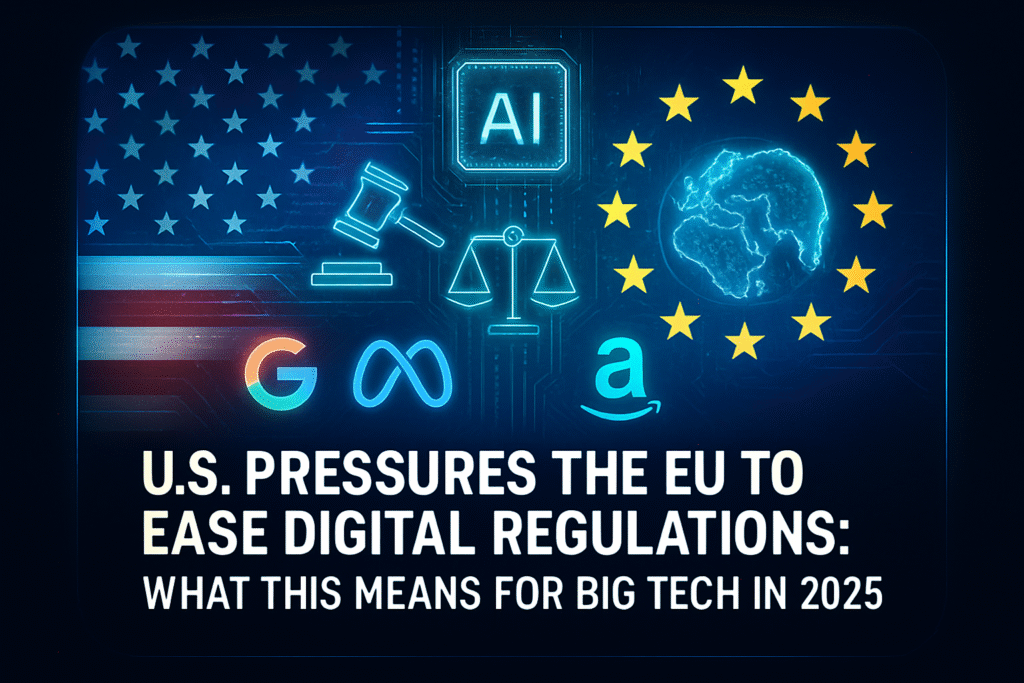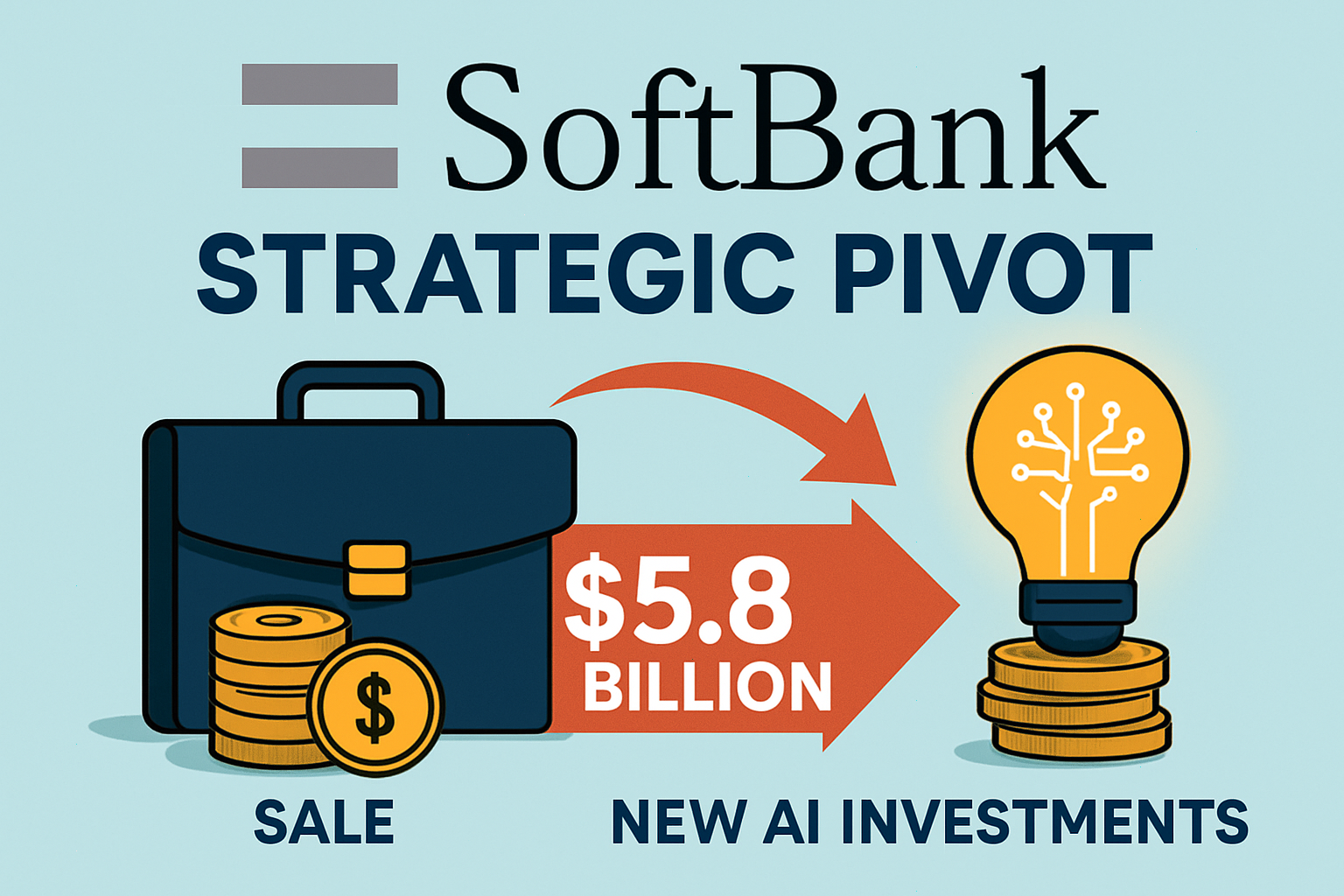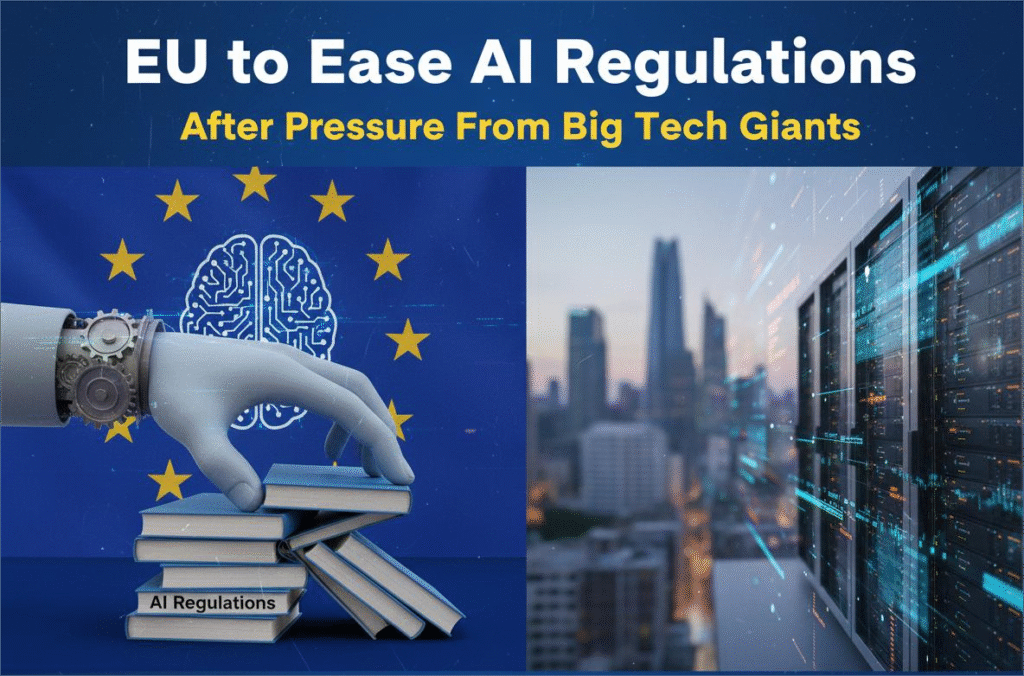
The European Union has launched a formal investigation into Amazon’s use of generative artificial intelligence, marking another major escalation in the bloc’s ongoing push to regulate Big Tech under its Digital Markets Act (DMA). The inquiry centers on how Amazon develops, deploys, and integrates generative AI in its services—especially regarding transparency, fairness, and consumer data usage.
What Triggered the Investigation?
According to the European Commission, the investigation was prompted by concerns that Amazon’s generative AI technologies—such as recommendation engines, voice assistants like Alexa, and customer service bots—may be operating in ways that are opaque or potentially harmful to consumers and smaller competitors.
Margrethe Vestager, Executive Vice President of the European Commission, stated:
“Generative AI must be subject to rigorous oversight, especially when used by gatekeepers like Amazon. We want to ensure innovation doesn’t come at the cost of consumer rights and fair competition.”
Areas of Concern
The EU is reportedly examining several key aspects of Amazon’s generative AI ecosystem:
- Transparency of AI-generated content: Are consumers made aware when AI is involved?
- Use of consumer data: Is Amazon training its AI using personal data without explicit consent?
- Bias and discrimination: Do Amazon’s AI systems favor certain products, sellers, or user segments?
- Marketplace dominance: Is Amazon leveraging AI to suppress competition or manipulate market dynamics?
Digital Markets Act in Action
This probe is one of the first major tests of the Digital Markets Act, which came into full effect earlier this year. Under the DMA, companies designated as “gatekeepers” must comply with strict obligations around data use, algorithmic transparency, and interoperability.
Amazon, along with Apple, Google, Meta, and Microsoft, falls under the gatekeeper designation due to its dominant role in both e-commerce and cloud infrastructure.
Failure to comply could result in fines of up to 10% of global annual turnover, or even structural remedies such as breaking up services.
Amazon’s Response
Amazon has acknowledged the investigation and said it is “cooperating fully with the European Commission.”
A spokesperson commented:
“We are committed to responsible AI development and transparency. Our systems are designed to enhance the customer experience while respecting privacy and compliance with all applicable laws.”
Despite this, privacy and antitrust advocates remain skeptical.
The Bigger Picture
This investigation adds fuel to the growing debate over how governments should regulate AI. The EU has taken a leadership role globally, not only with the DMA but also the AI Act, expected to be enforced in phases beginning next year.
Meanwhile, similar concerns are mounting in the U.S., where the Federal Trade Commission is also probing AI-driven platforms.
What It Means for the Tech World
The implications are significant:
- Developers must prioritize ethical AI development and compliance with new regulations.
- Tech companies must anticipate audits, transparency demands, and potential penalties.
- Consumers will likely see clearer disclosures about AI-generated content and data usage.
This could be a turning point in the relationship between regulators and the next generation of intelligent technologies.





